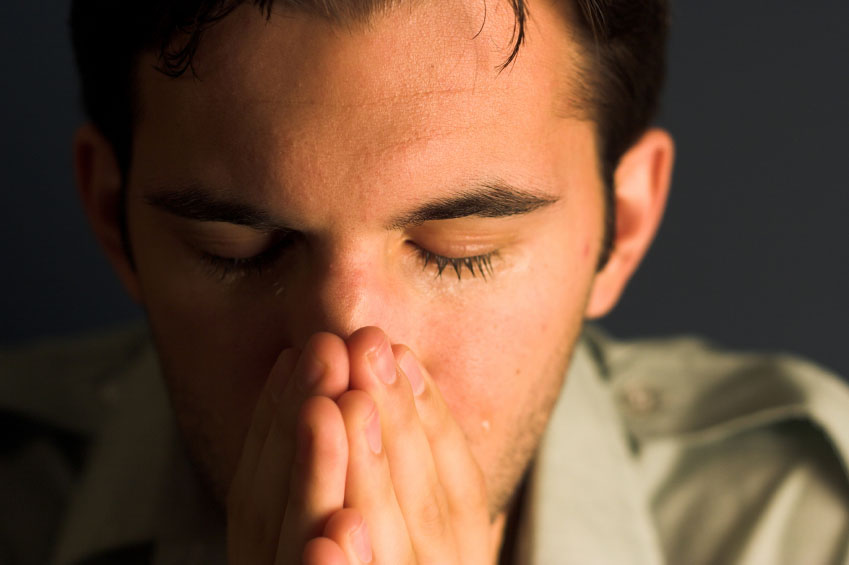It’s essential to remember that depression can manifest differently in individuals, and not everyone experiences all of these symptoms. Additionally, other conditions or factors might contribute to these feelings, so a proper diagnosis is essential. You can call the mental health depression hotline.
- Persistent sadness or low mood: Feeling sad, empty, or hopeless for an extended period, lasting for most of the day or occurring on most days.
- Loss of interest or pleasure: Losing interest in activities or hobbies that once brought joy or pleasure.
- Significant changes in appetite or weight: Experiencing significant weight loss or gain, or changes in appetite.
- Sleep disturbances: Difficulty falling asleep, staying asleep, or oversleeping.
- Fatigue or loss of energy: Feeling constantly tired, drained, or lacking energy, even after rest.
- Feelings of worthlessness or guilt: Feeling excessively guilty or worthless, even over minor things.
- Difficulty concentrating or making decisions: Experiencing trouble focusing, making decisions, or remembering things.
- Thoughts of death or suicide: Having recurrent thoughts of death, dying, or suicidal ideation. If you or someone you know is experiencing this, seek help immediately.
- Physical symptoms: Unexplained aches and pains, headaches, or digestive issues without any clear medical cause.
- Social withdrawal: Withdrawing from social activities, avoiding friends, family, or social gatherings.
- Irritability: Feeling easily agitated, angry, or annoyed by small matters.
If you suspect you may be dealing with depression, call the mental health hotline or reach out to a healthcare professional or mental health provider. They can provide a comprehensive evaluation and recommend appropriate treatment options, which might include therapy, medication, or a combination of both. Don’t hesitate to seek help and support from loved ones as well.

